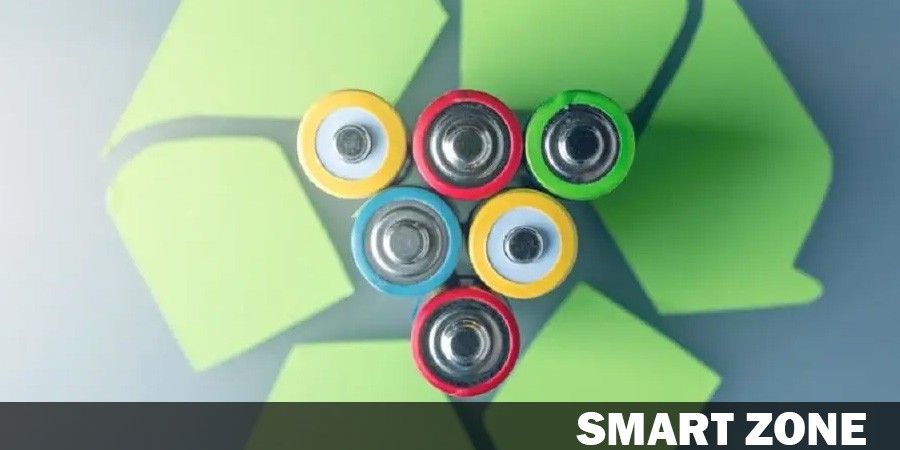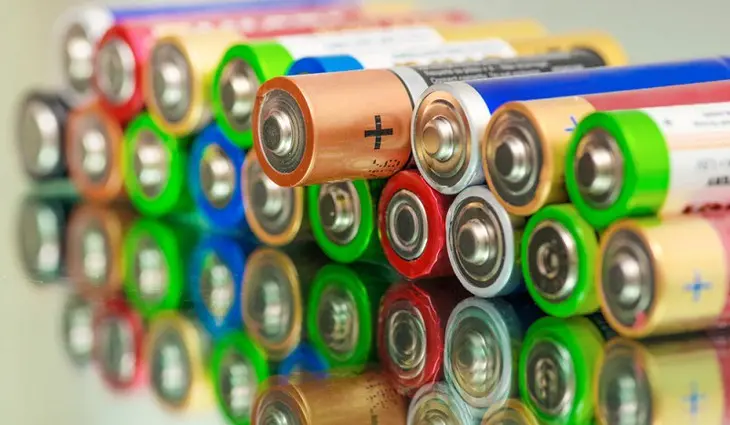Account Login
- Home
- Mobiles
-
- News
-
All news
Latest news

Nov 08, 2025 /
realme UI 7.0 Official with Android 16 and Smarter AI

Nov 08, 2025 /
12 Xiaomi Phones Testing HyperOS 3 on Android 15

Oct 23, 2025 /
Nubia Z80 Ultra Launches with Snapdragon 8 Elite Gen 5 Power

Oct 22, 2025 /
HarmonyOS 6 Public Beta: Full Device List and New Features

Oct 20, 2025 /
Honor Robot Phone with Fold-Out Camera Teased for 2026
-
- Reviews
-
All reviews
Latest reviews

Jun 14, 2024 /
FreeYond M5A : A New Name in Budget Mobile

Apr 23, 2023 /
Xiaomi Pad 6 vs Xiaomi Pad 6 Pro Comparison
-
- Other
- Contact Us
Top 10 Smartphones
| Device | Total hits | ||
|---|---|---|---|
| 1 |
| 32559 | 2 |
| 31337 | 3 |
| 26014 | 4 |
| 23808 | 5 |
| 23468 | 6 |
| 22255 | 7 |
| 22161 | 8 |
| 21077 | 9 |
| 20975 | 10 |
| 20354 |
Best Ratings
Latest News
Latest Reviews
Battery Recycling Day: Batteries as a silent killer
Sep 11, 2023 Chathura Prabhaswara Gamage News 950 hits

Battery Recycling Day: Batteries as a silent killer
Have you ever wondered where all the old pencil batteries go ? If we lined up all the disposable batteries Americans throw away in a year, they would circle the Earth six times. And we are not talking about the accumulators found in mobile phones, tablets, laptops and other devices. The only correct solution is the gentle and ecological recycling of all used batteries and accumulators. That's why we commemorate the European Battery Recycling Day on September 9.
BATTERY AS AN INCONSPICUOUS KILLER
Batteries are understood as small and useful sources of energy that run our devices. But if we don't dispose of them properly, they can harm the environment and people. They contain a mixture of harmful substances such as acids, alkaline substances or heavy metals and electrolytes, which can pose a serious risk if they end up in landfills. "Batteries are such a wolf in sheep's clothing. Although they are a necessary and useful helper, they pose a risk to our health. They contain chemicals and heavy metals such as lead, mercury and cadmium. If disposed of improperly, these chemicals can escape and contaminate soil and water sources and can thus have adverse effects on human health," explains Radim Tlapák, director of BatteryShop.cz, which offers a wide range of batteries for mobile phones, laptops and other devices.
The aforementioned cadmium, for example, is classified as a carcinogen and acts as a cumulative poison that accumulates primarily in the liver and kidneys, which it damages. A manifestation of chronic cadmium poisoning is also dangerous osteoporosis, which is associated with an increased risk of heart and vascular diseases. Similarly dangerous is lead, which is deposited in the bones and blood, causes anemia, kidney damage or disorders of the central nervous system. Long-term exposure to lead is particularly dangerous for the smallest - children may experience mental development disorders as a result of its accumulation in the blood. After all, UNICEF already warned in one of its reports in 2022 that up to 800 million children around the world have elevated levels of lead in their blood, with inappropriate handling of lead batteries being among the main culprits.
AN ECOLOGICAL AND ECONOMIC SOLUTION

Battery recycling is not only an ecological issue, but also has an economic aspect. The materials obtained from old batteries can be used in the production of new ones. This reduces the consumption of raw materials and saves natural resources, and thus also the total carbon footprint associated with battery production. For industries that are heavily dependent on batteries, this means not only a greener operating process, but also cost savings. The recycling of batteries and accumulators is a perfect example of an effective circular economy. Because if the battery is not handed in for recycling, we unnecessarily lose valuable materials such as lithium, cobalt and nickel, which means wasting money.
Therefore, the area of lithium battery recycling is currently receiving special attention. Demand for lithium in the world currently exceeds supply and interest in lithium, especially for the production of batteries for electric cars, is predicted to continue to grow. The yield of this metal from used accumulators is several times higher than from mineral raw materials.
BATTERY RECYCLING AS THE ONLY RIGHT WAY
Are you interested in how to participate in the gentle disposal of batteries? Start by finding out where there are battery take-back points in your area, because they definitely don't belong in the normal municipal waste bin. Containers, which are intended directly for handing in used batteries and accumulators, can be found in commonly available places, such as offices, schools or shops. "Czechs have a really wide range of options where to hand over discarded batteries and accumulators. However, it is necessary to increase the level of awareness and motivation of each of us, so that we do not make our work easier and do not throw batteries into the normal waste. Everyone's responsible approach will really help," emphasizes Tomáš Pešek , CEOof REMA Battery, which is one of two collective systems for portable batteries and accumulators operating in the Czech Republic. Last year, Czechs handed over 600 tons of used batteries and accumulators to REMA Battery. For interest: the energy from this amount would cover the monthly consumption of up to 1,000 Czech households.
Battery Recycling Day is not only a day of awareness, but also a call to action. Each of us, from ordinary consumers to large corporations, can play a role. By recycling batteries, we not only save natural resources, but also protect our planet and our health from hazardous waste. It's high time we take battery recycling seriously and make it part of our sustainable lives. The next time you're about to throw a dead battery in the trash, think again and remember the following 5 battery recycling facts .
BATTERY RECYCLING: 5 FACTS
- When recycling batteries, it is usually possible to recover more than 95% of their components.
- Battery recycling is not a recent phenomenon. Batteries have been recycled since the 19th century.
- Recycling a single battery can save enough energy to power a digital alarm clock for 8 months.
- The amount of cobalt we recover from all recycled batteries in a year is enough to make around 700,000 smartphone batteries.
- Most battery components do not decompose in nature even in 1000 years. That in itself is a great reason to recycle!
Wait for Serial Number
00:58






























Leave a comment: